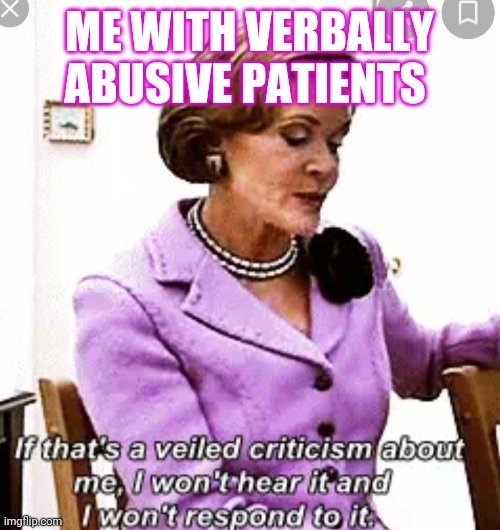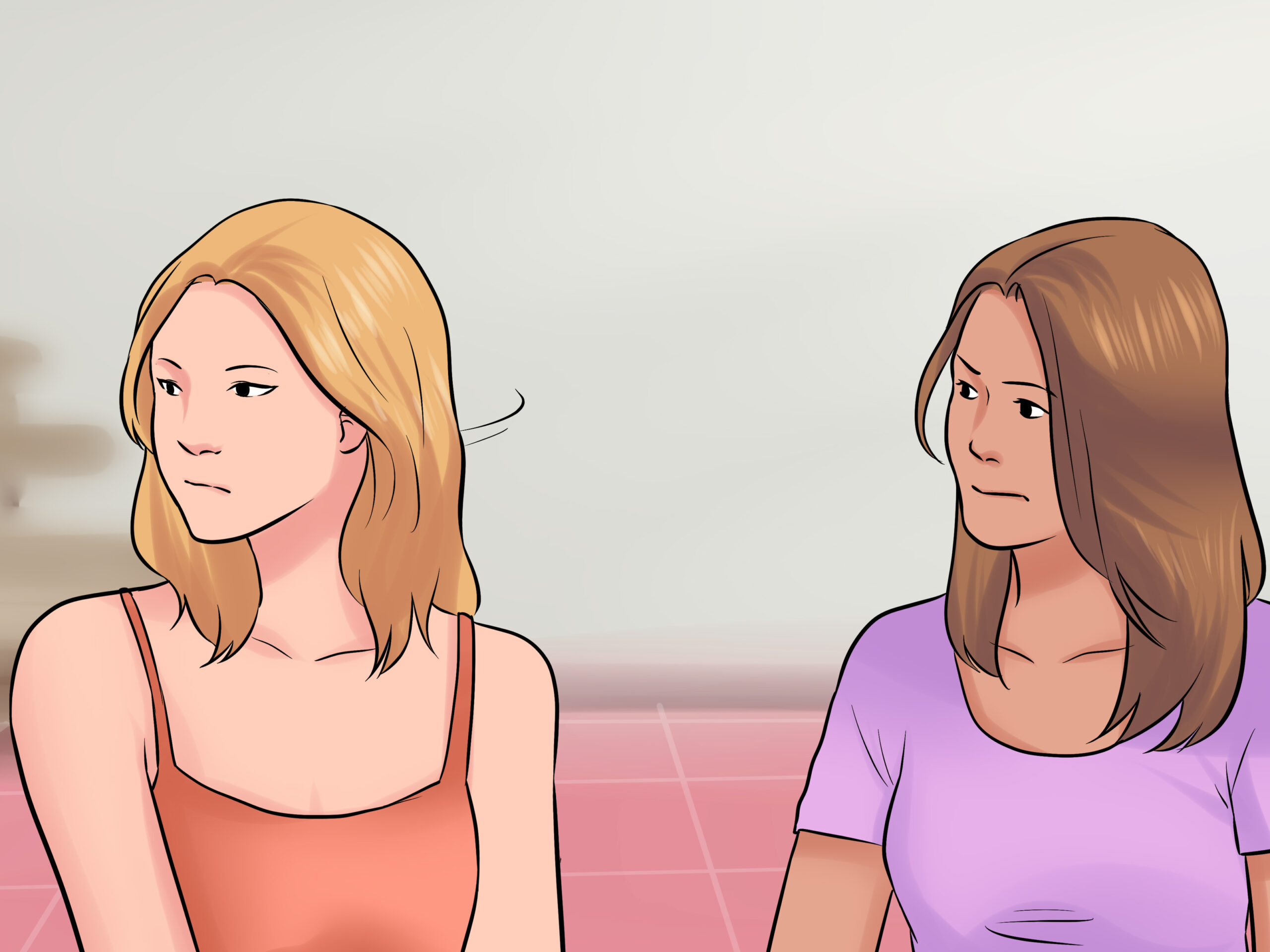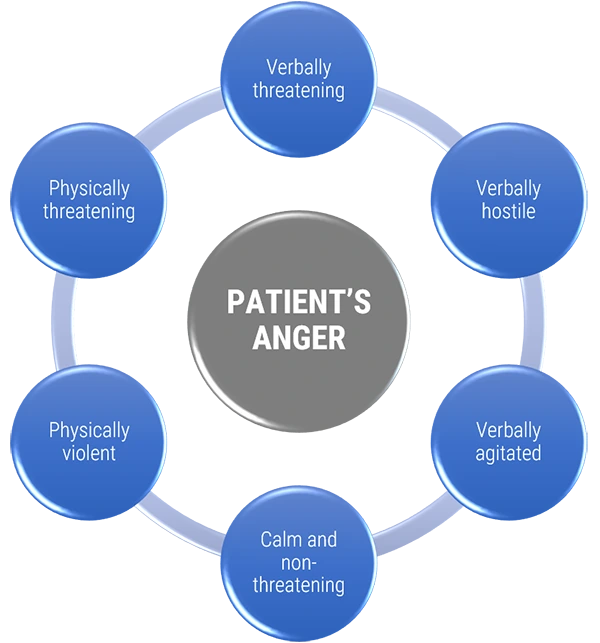Smart Tips About How To Deal With Rude Patients

Staying calm and not getting dragged into the conflict.
How to deal with rude patients. Think about the situation from. Patients should expect high standards of professionalism in their interactions with doctors. Often, you are among the first to see if they do more tests and so on.
Thus, your attitude towards them, no matter how rude, can set the tone for their whole experience. The most important aspect of the relationship with this healthcare provider is that you will have to work hard to be sure you can ask the questions you need to ask, get. Get off the floor, grab a cup.
When a patient yells or acts out, it can make you feel unsafe or threatened. I am so sorry that is happening to you. 4. Guidance from the ama code of medical ethics,.
Here are 8 effective ways to handle angry patients and families 1) be empathetic.
Also, while clinicians are often on the receiving end of inappropriate language, some patients also report disrespectful treatment from doctors. On rare occasions, rude patients can turn into disruptive patients. Deal with rude patients in 7 steps some patients are just impatient, and some patients are grumpy, either way, you have to know how to deal with rude patients.
First, do all you can to diffuse the situation. Patient provocations are bound to happen from time to time, but professionalism is always the expectation for physicians. Disrespectful behavior chills communication and collaboration, undercuts individual contributions to care, undermines staff morale, increases staff resignations and.
Nishma manek reflects on the difficulty of managing patients who do not. In most cases, responding in a kind and gentle way will prevent further escalation of emotion, and in many cases, it will help a person calm down. But we often shrug off an equally dangerous phenomenon:
Keep calm rudeness can often trigger reactions that can escalate a situation. Developed as part of the nhs time for care project, this video is designed to help reception teams in gp practices deal with angry, or rude, patients. On the flip side, if you are.
Interrupt a patient's or relative's outburst Patients can be angry for a variety of reasons — some of which have nothing to do with their. The most common type of “problem” patient is the angry patient.
Here’s the big takeaway when dealing with difficult patients. Try not to get defensive it can be hard not to take it personally when a patient complains about something you’re doing. Sometimes, just physically removing yourself from a stressful situation and taking a breather is the best thing you can do.


















